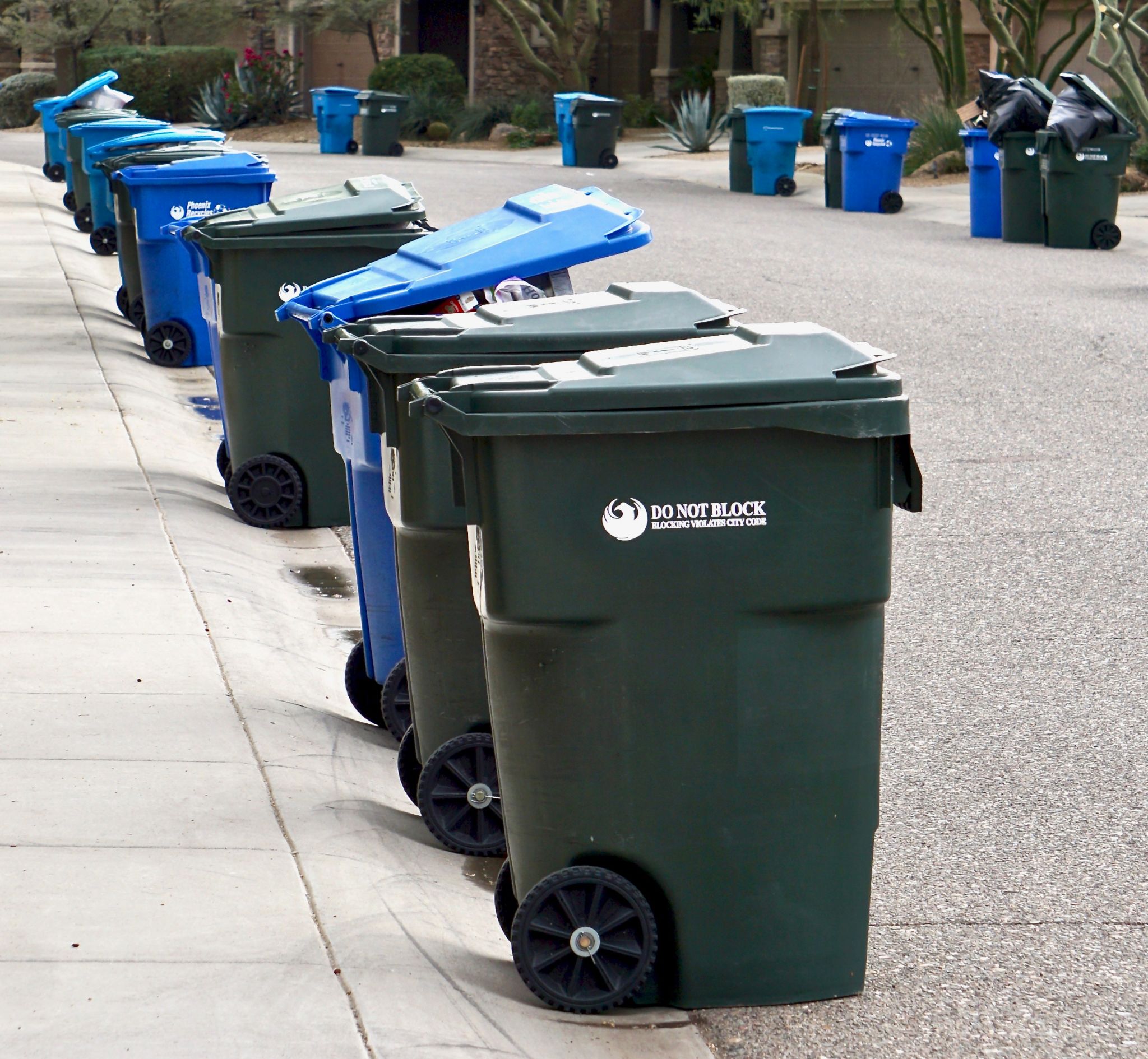Residential Waste Pickup in London: What You Need to Know
Understanding Residential Waste Pickup in London
Managing waste effectively is crucial for maintaining a clean and healthy environment. In a bustling city like London, understanding the ins and outs of residential waste pickup can make a significant difference in how households manage their waste. Knowing how to dispose of waste properly not only contributes to environmental preservation but also ensures compliance with city regulations.

Types of Waste Collection Services
London offers several types of waste collection services to cater to the diverse needs of its residents. The most common services include general waste collection, recycling pickup, and garden waste services. General waste includes non-recyclable items that are disposed of in standard bins. Recycling pickup is for materials like paper, plastics, and metals that can be processed and reused.
Garden waste services are available for those who have outdoor spaces and need to dispose of organic yard waste such as leaves and grass clippings. Some boroughs may offer additional services for bulky items or special pickups for hazardous waste.
Understanding Collection Schedules
One of the essential aspects of residential waste management is adhering to the collection schedules set by local councils. Collection days vary depending on the borough and the type of waste. Most councils provide a schedule calendar online, which residents can consult to ensure timely disposal.

It is important to note that during public holidays, collection schedules may be adjusted, and it is advisable to check any announcements from your local council regarding changes to the routine. Missing a collection day might result in excess waste accumulation, which can be inconvenient and unsanitary.
Proper Waste Segregation
Effective waste segregation is crucial for maximizing recycling efforts and minimizing landfill use. Residents are encouraged to separate recyclable materials from general waste, ensuring that items like glass, paper, and metals are disposed of in the appropriate bins. Some councils provide color-coded bins or bags to assist in proper segregation.
Failure to segregate waste correctly can lead to contamination, making it difficult to recycle materials, and may also result in fines from local authorities.

Role of Local Councils
Local councils in London play a pivotal role in managing residential waste pickup. They are responsible for providing the necessary resources and guidelines for effective waste management. Councils often run educational campaigns to raise awareness about the importance of recycling and proper disposal practices.
Residents can reach out to their local council for information on collection schedules, request new bins, or report missed collections. Engaging with council resources ensures residents stay informed and compliant with local regulations.
Tips for Reducing Household Waste
Reducing household waste is not only beneficial for the environment but also helps streamline waste management processes. Here are some tips to consider:
- Compost organic waste: Create a compost bin for food scraps and garden waste.
- Buy in bulk: Purchasing items in bulk reduces packaging waste.
- Avoid single-use plastics: Opt for reusable bags, bottles, and containers.
By implementing these practices, households can contribute to a more sustainable environment and reduce the burden on municipal waste services.
Conclusion
Residential waste pickup in London is a structured process designed to maintain cleanliness and promote sustainability. Understanding the different services available, adhering to collection schedules, and practicing proper waste segregation are key components of effective waste management. By working together with local councils and adopting waste-reduction strategies, London residents can play an active role in creating a cleaner and greener city.